
Much like your body, your brain needs some exercise too. Schoolchildren and people pursuing higher education have it relatively easy—they can get the necessary dose of brain exercise at school or college. Working in particularly mentally demanding fields like engineering, sciences, and research is also challenging enough. Everybody else must treat their brain like their biceps, triceps, and abs—take it to the gym.
Young children enjoy playing sports, but few consider going to the gym or running. Just like physical activity, mental games work much better when they’re also fun to complete. Many people enjoy playing trivia quizzes on their phones or tablets. Some even enjoy board games and pub quizzes. When it comes to trivia, there are many ways to play. The question is: is trivia an appropriate form of exercise for your brain?
The answer is—yes; trivia is a great form of exercise for your brain! Studies have found a positive relationship between intellectually engaging activities and higher cognition. Whether you want to or not, you’ll learn a random fact or two in any trivia game. A pub quiz or trivia championship is a great opportunity to work on your soft skills and socialize with like-minded individuals. The spike in dopamine in anticipation of getting a question right can charge you with enough positive energy for the whole day, and wanting to get better at trivia just adds to that!
Does that sound good? Keep reading to learn more about all the different ways you can improve your brain health with trivia games.
Education/Knowledge
If you’ve been a student or a parent to a student in the past couple of years, you might have noticed how trivia is used in the classroom. Older students tend to get the more boring type, with no prizes or fun questions. Younger students get trivia in all its glory, with audio-visual rounds, general knowledge questions, and rewards. Why are educators turning to trivia in the classroom?

The truth is, turning learning into a game allows students to retain knowledge better. Research shows that gamification in education is very effective in improving motivation, which, in turn, leads to better learning outcomes. In short, when education is fun, it is easier to endure. Trivia gives you a great learning opportunity, though the things you learn aren’t always useful.
Cognition
Cognitive skills like attention, processing, logic, and reasoning are rarely practiced in adults that are not pursuing an education. You can exercise your cognition by doing a jigsaw or crossword puzzle, learning how to knit, playing a card game, or practicing some new dance moves. Where does trivia fall in this category?
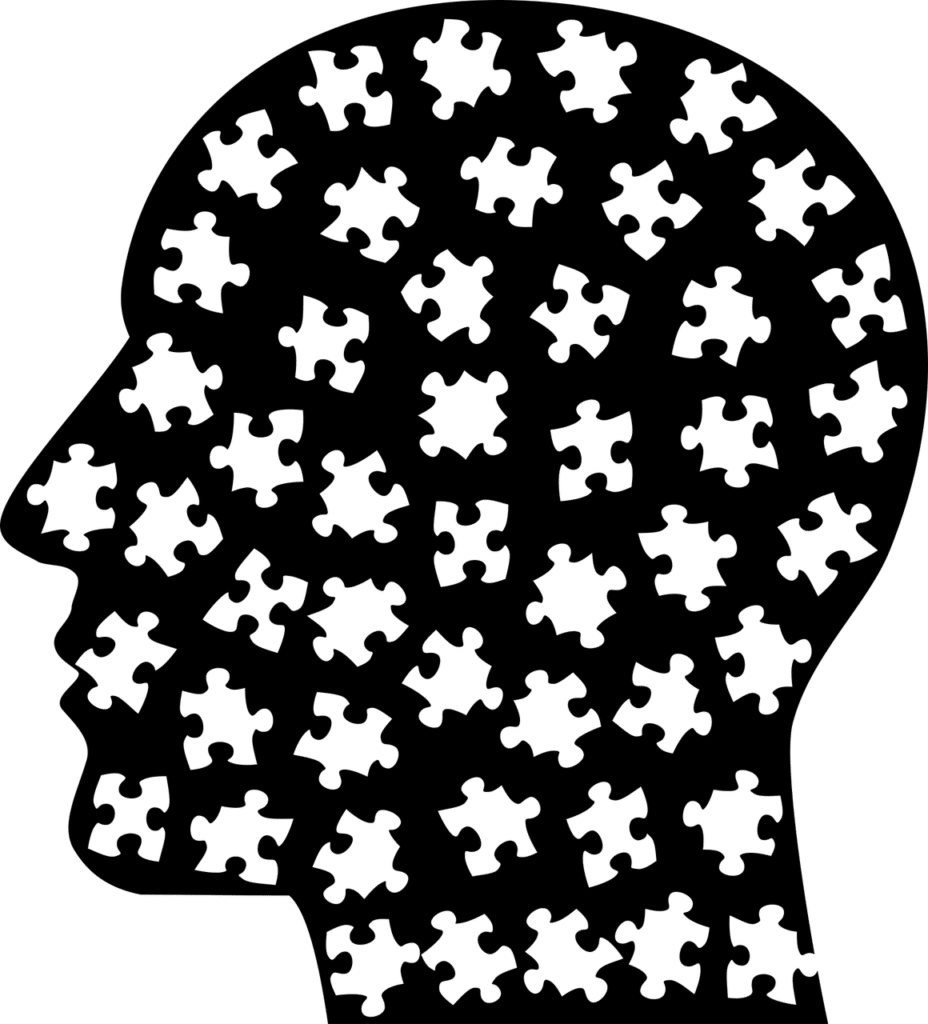
Research on adults showed that regularly participating in intellectually engaging social activities (such as trivia quizzes) can improve cognitive function over time. That is especially relevant for retired people, who are no longer intellectually and socially engaged at work. Certain trivia questions can train logic and reasoning, while others will be an exercise in comprehension. Listening to and answering trivia questions can increase your auditory and visual processing speed and improve your attention span.
Memory
Trivia provides some much-needed exercise for your brain. It works the brain’s frontal cortex, leading to improved cognition and memory function. Though no studies are showing that trivia, as a form of mentally stimulating activity, can lead to visible improvements in memory function, it is widely assumed that this form of exercise is especially helpful for the elderly.
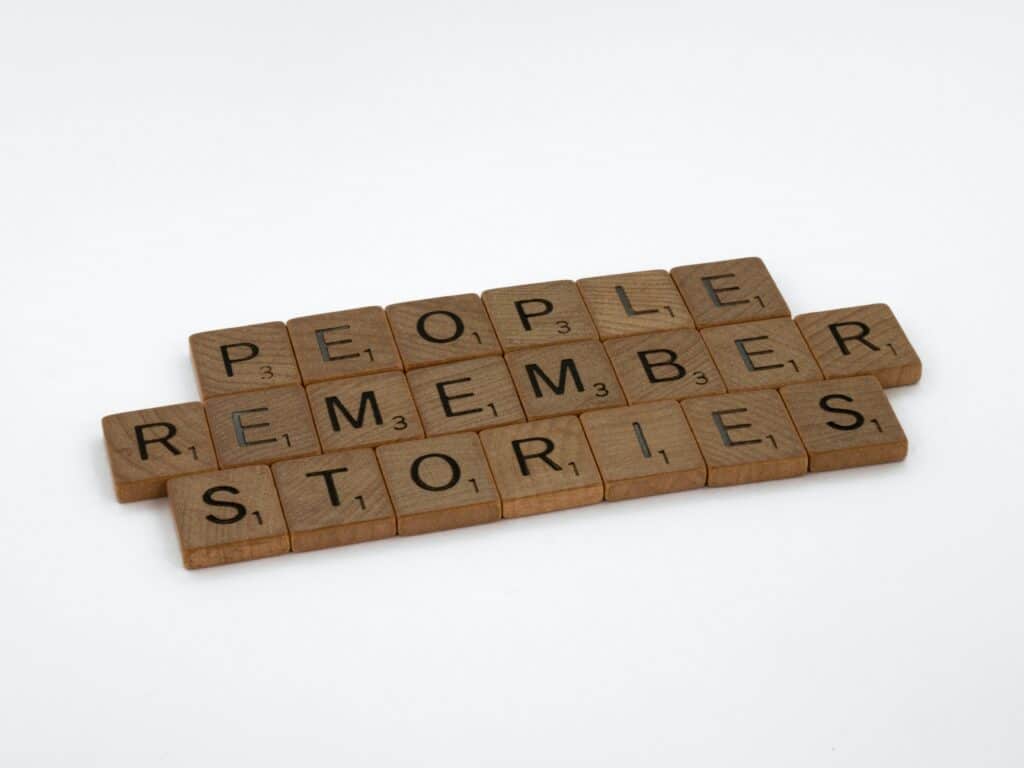
Some websites have shared that trivia can help you build short-term and long-term memory through the creation of new neural pathways. We were unable to find any studies supporting those claims. However, much like with anything else, practice makes perfect. Players often get better at trivia with time and practice. For example, many Jeopardy! contestants go to LearnedLeague—an online trivia championship, to work on being better trivia players. It can be concluded that, with time, they also get better at retaining and remembering information, which allows them to be better players.
Sociability/Communication
Great communication skills don’t come naturally to everyone. The general belief is that introverts are smart but lack social intelligence. As you already know, in trivia, being smart is not enough. You need to be able to communicate with your co-players. While that element is not present in solo trivia games, it is prominent in pub quizzes, championships, and board games. A contestant on a television game show can benefit from being a good communicator even more, as they need to interact with the host directly.

If you don’t find a way to connect with the other players during the game, you can certainly do so after. Trivia encourages an abundance of interesting debates and conversations. If the people you play with are open to discussions about trivia, you can get your necessary dose of social interaction right after the game. There are many known benefits to socialization. Not only can it boost your mood and make you feel less lonely, but it can also improve your memory and cognitive function. That is, quite literally, great for your brain.
Soft Skills
If you recently found yourself on the job market again, you probably know how highly valued soft skills are. Of course, we can’t devalue the importance of formal education and work experience, but soft skills are returning. Attending real-life trivia quizzes and championships and playing board games helps develop soft skills like problem-solving and working as a team.
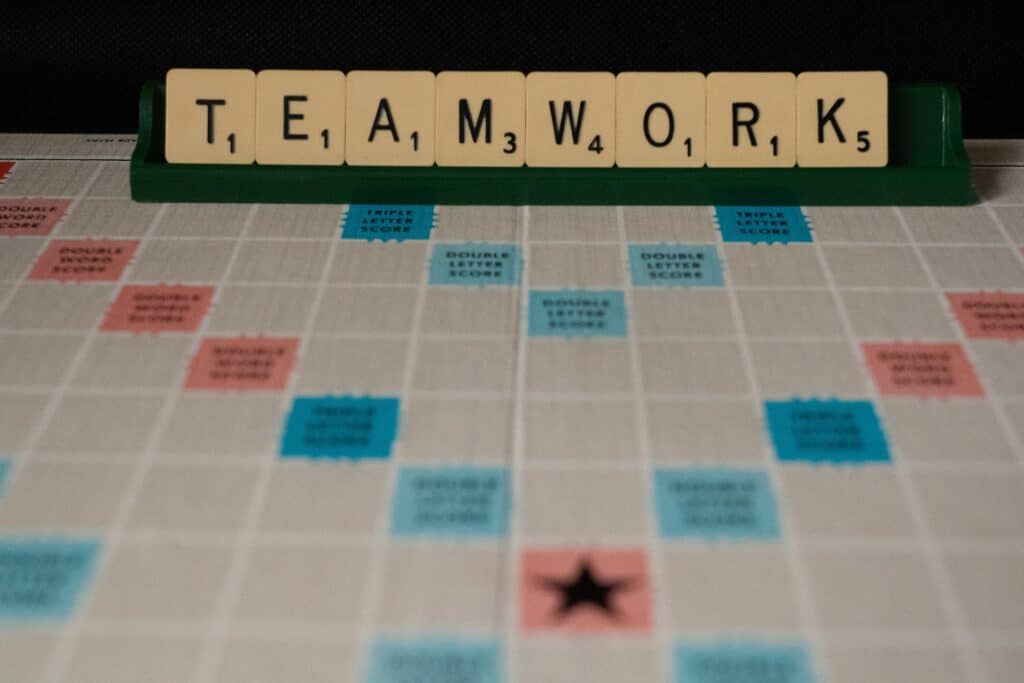
Pub quizzes are especially effective in this respect. They require you to work in a team and be an effective communicator. When you’re forced to answer questions fast, you have to think on your feet and keep your brain engaged throughout the game. Though you must be very well-organized, you can also benefit from multitasking. You have an opportunity to improve all these skills through playing trivia games.
Spike in Dopamine
Trivia games are the perfect exercise for your brain because they keep you wanting more. Playing and winning leads to a spike in dopamine in the brain, creating feelings of satisfaction, excitement, and euphoria. Periods of heightened dopamine increase motivation and encourage you to keep playing. If you’re experiencing consistent success in trivia (be it in online games or pub quizzes), you want to come back to playing because you expect to feel good again.
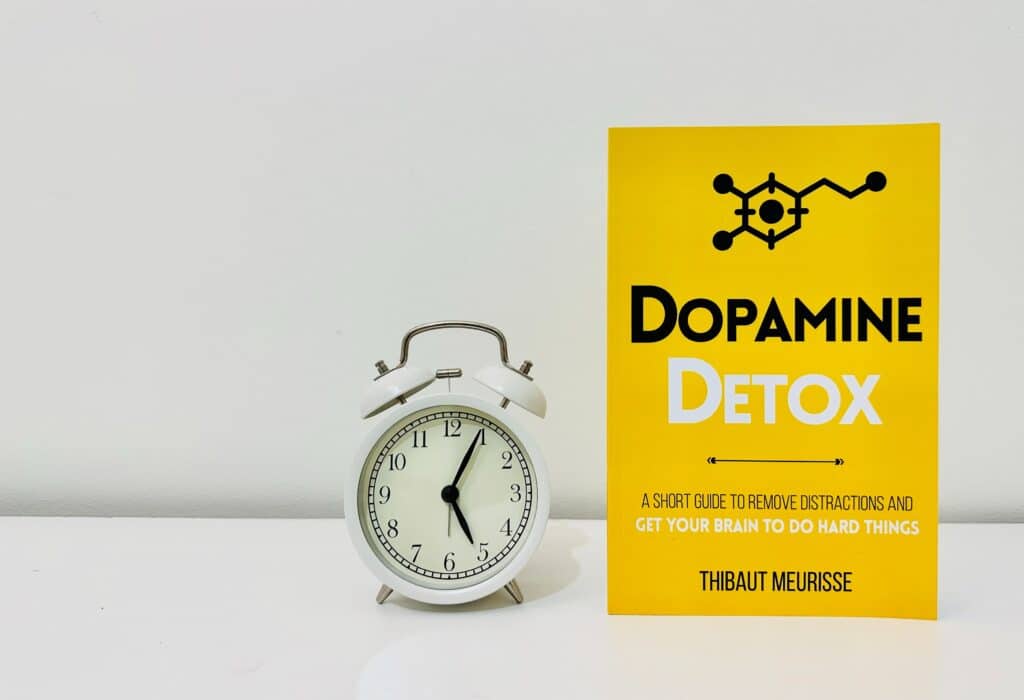
Contrary to popular belief, your dopamine levels surge when you’re expecting a reward, not when you’re actually receiving the reward. Thus, your dopamine levels reach their peak in anticipation of winning. Naturally, spikes in dopamine make you feel good and allow you to forget about the worries of your everyday life, even if just for a minute. This feeling is good for motivation and reinforcement.
Final Words
There is a decent amount of evidence leading us to believe that communicating with other people and taking part in mentally challenging activities leaves a positive impact on the health of your brain. Unfortunately, not enough research has been done about trivia as a form of brain exercise. Considering the advantages of trivia games, you can feel good knowing that answering fun questions can also improve your memory and cognition and boost your dopamine levels. However, don’t leave all your mental exercise up to trivia quizzes. Find other exciting ways to engage your brain, like learning a language or doing physical activity, or other enriching hobbies. In fact, that can make you even better at trivia!
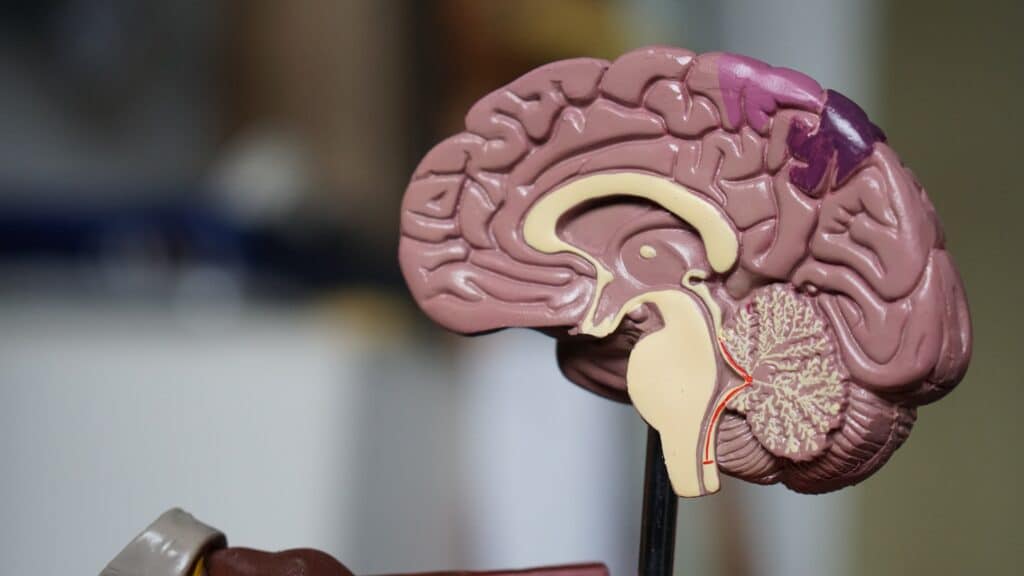
When you look at the person you are now and the person you were before you discovered the world of trivia, are these two people different? How, if at all, did trivia improve your life? Share your stories with us in the comments!
Leave a Reply